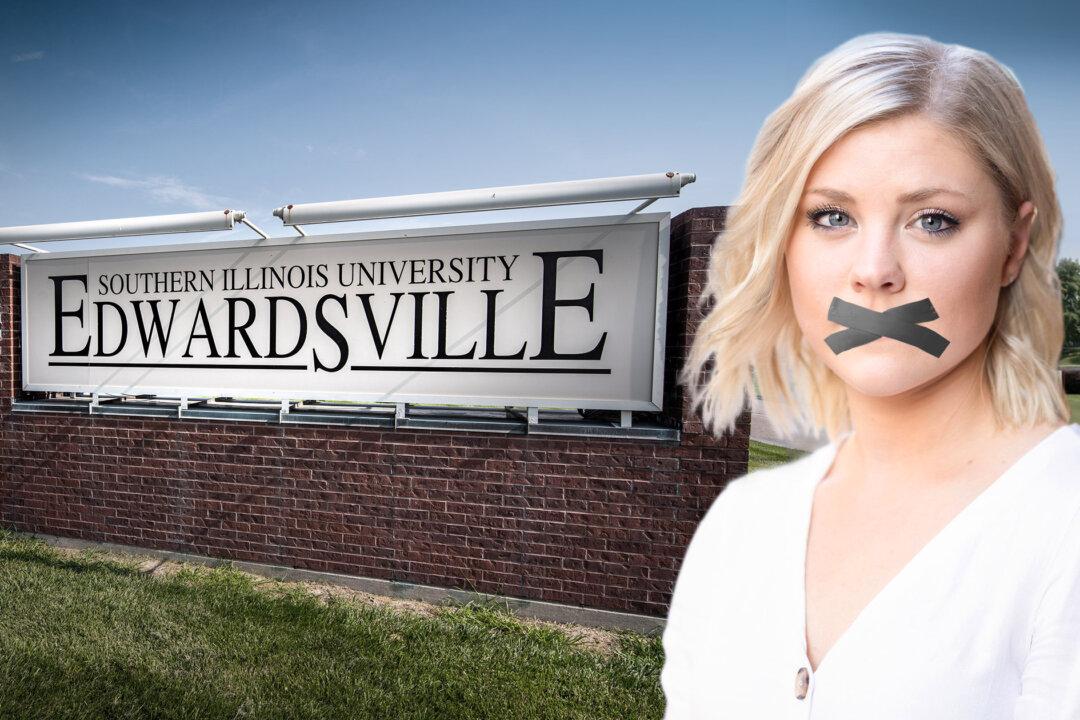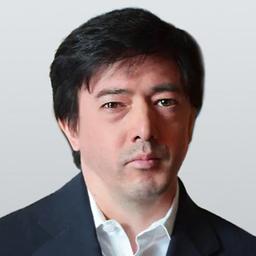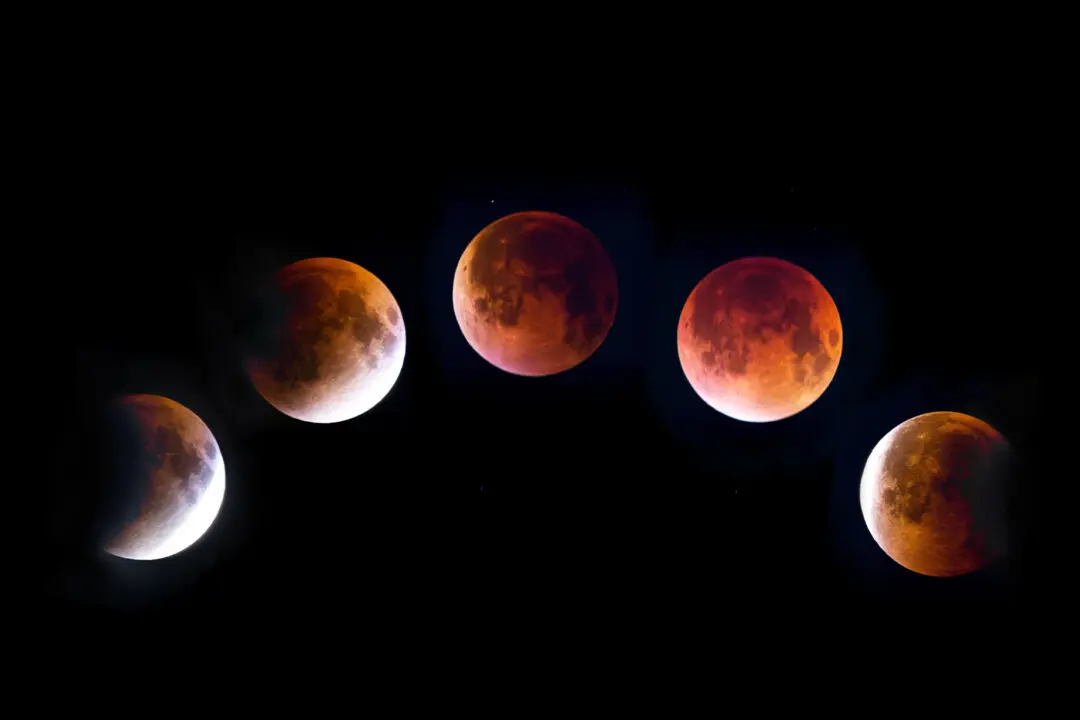It’s part of the whole college experience. Eager young minds, animated in discussion, engaging in robust classroom debate.
It got lively, boisterous—even explosive at times—as bright pupils with great expectations shared, tested, and contested ideas about the world. This was the university, the crucible of learning, the engine of ideas.






